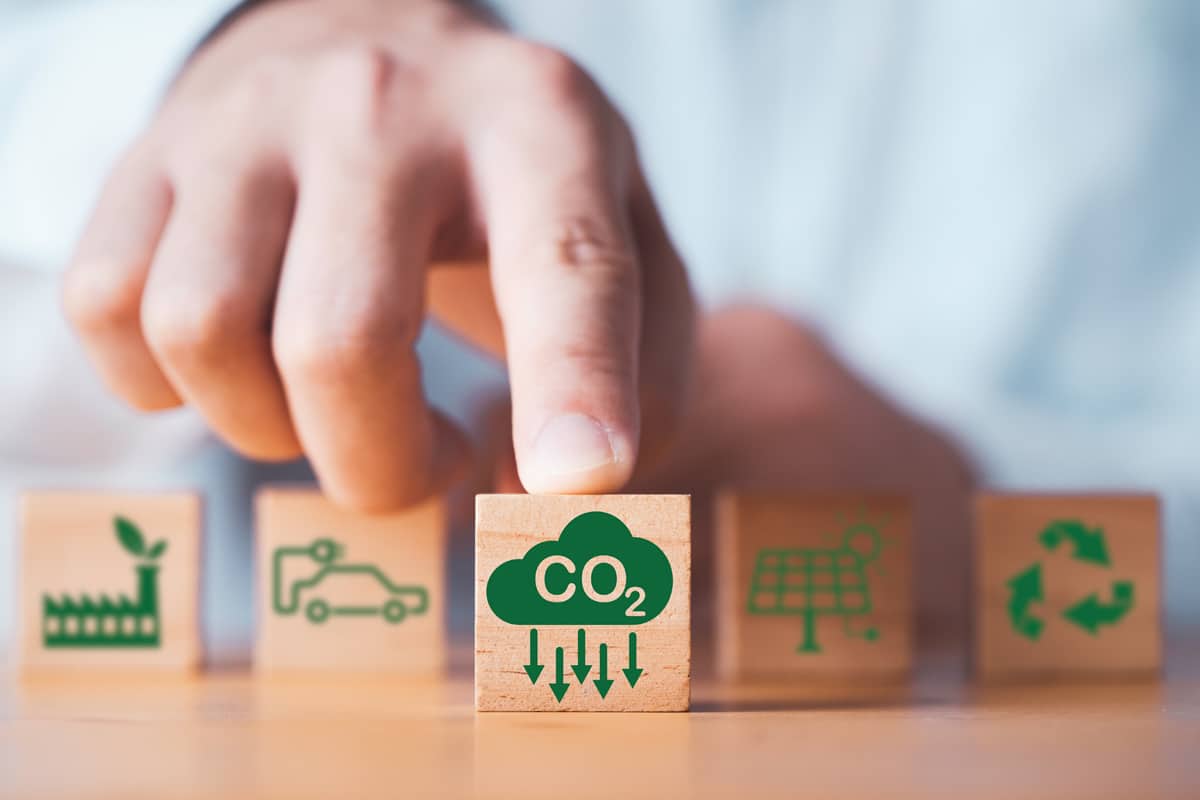In Short : Reports suggest that the effectiveness of carbon credits derived from forest conservation might have been exaggerated. While these credits are designed to mitigate carbon emissions by preserving forests, concerns have been raised about the actual impact and the accuracy of the associated emissions reductions. This scrutiny emphasizes the need for transparency and stringent monitoring in carbon credit programs to ensure their efficacy in addressing climate change and preserving vital forest ecosystems.
In Detail : BARCELONA, Spain. : Carbon credits from forest conservation have been seen as a promising tool to help mitigate climate change by reducing greenhouse gas emissions in the Global South. They offer a mechanism for companies and individuals to compensate for or offset their own carbon footprint.
Carbon credits from so-called REDD+ projects—reducing emissions from deforestation and forest degradation—are issued by comparing the observed forest cover in project areas to deforestation ‘baseline’ scenarios in the absence of REDD+. The difference between the two is known as ‘additionality,’ which Article 6 of the Paris Agreement covers.
The voluntary purchase of REDD+ credits is intended to help conserve forests through improved monitoring and enforcement, the promotion of sustainable practices, local stakeholder engagement, and other activities.
However, recent academic studies, amplified by media reports, have raised some doubts about the effectiveness of these projects, especially how many “additional” emission reductions they have triggered beyond what would have happened without the projects.
In a recent article published in the journal Science, my colleagues and I examined these forest conservation impacts in a pantropical sample for the first time. We looked at the effects of 26 REDD+ projects in six countries: Peru, Colombia, the Democratic Republic of Congo, Tanzania, Zambia and Cambodia. All projects produced credits in the voluntary carbon markets, certified by the US-based private entity Verra.
We found that most projects in our sample have not significantly reduced deforestation. For those that achieved some reductions, these were substantially lower than what was claimed through their generated forest carbon credits.
Instead of making additionality forecasts at the start of the project, our impact evaluations look at past project performance. We focus on observed cuts in deforestation, compared with some pre-selected ‘control’ areas that—excluding the REDD+ intervention—have similar characteristics to those of the project areas.
These control areas are monitored simultaneously with the REDD+ intervention. By comparing conservation performance, the trend difference between projects and controls can thus be attributed to REDD+ actions.
Our estimates suggest that only 5.4 million (6.1 percent) of the 89 million expected carbon credits from the REDD+ projects in the study would likely be associated with additional carbon emission reductions. Yet, many project-based credits have already been used by carbon buyers trying to offset their carbon emissions.
Exaggerated forecasts
According to our study, the discrepancy between claimed credits and confirmed impact is mainly due to exaggerated emissions forecasts avoided from the ‘business-as-usual’ baseline scenarios these projects had adopted. These predictions are being extrapolated from local historical deforestation trends, with typically great flexibility to choose between substantially differing baselines.
This ‘rubber band’ of upfront baselines easily inflates into ‘hot air,’ meaning carbon credits that are not for real. In addition, baselines may become unrealistic over time when economic or political conditions change substantially—because it is hard to predict the future.
Also, many REDD+ projects have chosen to act in forest areas that, from the outset, were ‘high and far’ – meaning located far from roads, markets, people, and real deforestation threats. ‘High-and-far’ areas were low-hanging fruit for forest conservation. But when we compared forest conservation with similar control areas, the differences were typically negligible: improved performance could not substantiate the alleged protection effort.
How could such flaws occur? Certification schemes are allegedly there to safeguard the integrity of offsets. However, our results indicate that currently approved methodologies are too variable and broad to guarantee the integrity of actual emission reductions.
There are many REDD+ carbon credits out there, from project-oriented to jurisdictional approaches, between countries, private-sector entities and multilaterals. And, beyond REDD+, there are also credits for planting trees. Notably, our results refer only to the segment of private-sector, voluntary-market REDD+ credits certified by Verra, although this has also been a fast-growing one recently.
We therefore conclude that, rather than generally throwing out the REDD+ baby with the bathwater, it is critical to develop new and rigorous methods for the construction of credible deforestation baselines for voluntary REDD+ interventions, and to properly and regularly assess their contributions to climate change mitigation. Personally, I’d have at least some conjectures.
One possibility is to use independent institutions for setting baselines—for example, under the United Nations Framework Convention on Climate Change umbrella—integrating the best available science.
Secondly, future carbon-credit buyers may look for credits based on reductions observed in hindsight rather than just on additionality that was hoped for beforehand. This may require projects or larger-scale aggregating credit banks to ‘buffer’ not only for natural risks (such as forest fires), but also for more complex menaces to project additionally.
Radical new thinking may be required to reform voluntary carbon markets in order to inspire more confidence, as societies in the Global North have become increasingly sceptical about carbon offsets. Our science underlines that this popular scepticism has not been unfounded.

